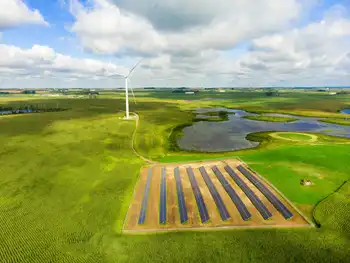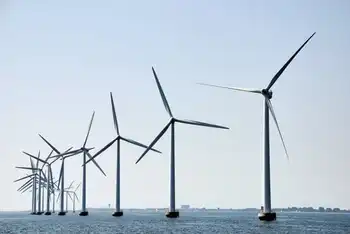Top court stops Enel coal conversion
PORTO TOLLE, ITALY - Italy's top administrative court has canceled government clearance for Enel's project to convert a major power plant to coal from fuel oil, Italy's biggest utility said.
Decisions of Italy's State Council, the highest administrative court, cannot be appealed which means Enel would have to either give up on the 2.5 billion euro US $3.54 billion project or start a lengthy permitting process from scratch.
Enel said in a statement it was surprised by the court's decision to scrap a decree by the Environment Ministry, which in 2009 approved the conversion project. The top court has also overruled a decision by a regional court in 2010 to back Enel's plan, which was opposed by environmentalist groups.
"Observing laws, Enel intends to preserve its interests... and will evaluate initiatives necessary to restart the process of realization of the project at Porto Tolle or at other sites in Italy," Enel said.
"If necessary, it will have to reluctantly take investments to other countries interconnected with Italy," the utility said.
Enel had planned to start at the end of this year converting its 2,640 megawatt oil-fueled Porto Tolle plant to use clean coal technology, part of its drive to cut carbon emissions.
Coal-fired plants are a major source of carbon dioxide CO2 emissions and the project came under fire from environmentalist groups.
Enel planned to use a clean carbon technology at the plant on the River Po in the north-east of Italy about 100 km from Venice, and invest another 1 billion euros in a carbon capture and storage facility on the site to reduce its CO2 footprint.
Enel CEO Fulvio Conti said in April, after Italy decided to freeze its plans to revive nuclear energy following a nuclear disaster in Japan, his company was ready to boost coal power generation as an alternative.
Conversion works at Porto Tolle had been expected to last 5 years giving work to more than 3,000 people and the plant's capacity was to be cut to 1,980 MW.
It took Enel about 6 years to get the Environment Ministry's approval now scrapped by the State Council.
Related News

Why subsidies for electric cars are a bad idea for Canada
TORONTO - Bad ideas sometimes look better, and sell better, than good ones. Not always, or else Canada wouldn’t be the mostly well-run place that it is. But sometimes politicians embrace a less-than-best policy – because its attractive appearance may make it more likely to win the popularity contest, right now, even though it will fail in the long run.
The most seasoned political advisers know it. Pollsters too. Voters, in contrast, don’t know what they don’t know, which is why bad policy often triumphs. At first glance, the wrong sometimes looks like it must be right, while better and…




